I am having a problem getting the AssemblyVersion to be different from the AssemblyFileVersion attributes in a class library I am working on.
So, I've tried creating an empty (apart from Class1.cs) class library to see if it's a setting somewhere, but I get the same behaviour.
It seems the AssemblyVersion attribute is just being ignored.
Here is the relevant bit from my AssemblyInfo.cs file ...
[assembly: AssemblyVersion("0.1")]
[assembly: AssemblyFileVersion("1.1.0.9")]
and here is how things look in windows explorer ...

Is there a setting somewhere that controls this?
EDIT: I've found one file where there is a difference, so it's not windows explorer showing the same value for two different fields, it's something to do with the way the DLL is generated from the compiler/linker ...




 So looks like Visual Studio is doing something wrong here.
So looks like Visual Studio is doing something wrong here.